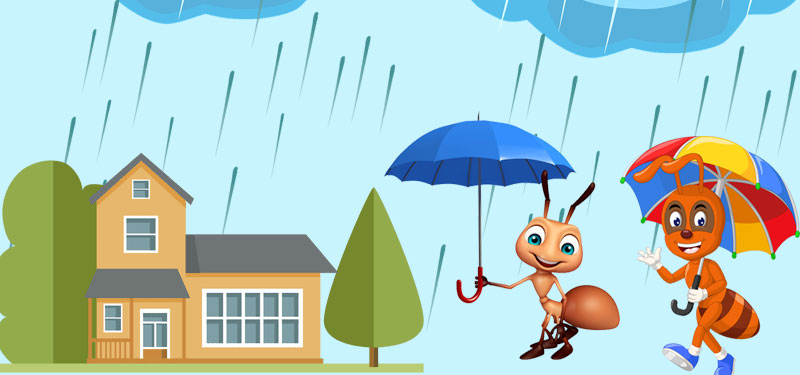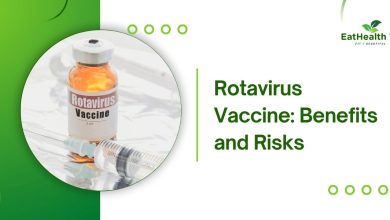Need of Medical Care for Rainy Season Poisonous Insects at Home
Medical Care for Rainy Season Poisonous Insects at Home
Medical care for individuals who encounter or get bitten by poisonous insects at home during the rainy season is of utmost importance. Here’s why seeking medical attention is crucial in such situations:
1. Identification of Poisonous Insects: Not everyone can identify all types of poisonous insects correctly. Seeking medical care ensures that a healthcare professional can identify the specific insect and determine the appropriate treatment.

2. Allergic Reactions: Some people may have severe allergic reactions to insect stings or bites. These allergic reactions can be fatal and necessitate prompt medical attention.
3. Insect Venom: Many poisonous insects inject venom when they bite or sting, which can cause a range of reactions from mild pain and swelling to more serious symptoms affecting the nervous system or cardiovascular system.
4. Infection Prevention: Open wounds caused by insect bites can lead to infections, especially in a humid and rainy environment. Proper medical care can reduce the risk of infections.
5. Wound Management: Medical professionals can provide proper wound care, cleaning, and dressing, reducing the risk of complications and promoting faster healing.
6. Tetanus Prevention: In cases of deep puncture wounds or open wounds, a tetanus booster shot may be necessary to prevent tetanus infection.
7. Pain Management: Medical care can provide pain relief options for individuals experiencing discomfort from insect bites or stings.
8. Monitoring and Observation: Some insect bites or stings may have delayed reactions or evolving symptoms. Healthcare professionals can monitor the patient’s condition and provide appropriate care if symptoms worsen.
9. Expert Advice: Medical professionals can offer advice on how to prevent future encounters with poisonous insects and recommend suitable insect repellents or precautions to take at home.
10. Transmission of Diseases: In some regions, certain poisonous insects can transmit diseases like dengue, malaria, or Lyme disease. Early diagnosis and treatment can help prevent complications from these diseases.
In the event of an encounter with a poisonous insect or a severe reaction to a bite or sting, it’s crucial to seek medical attention promptly. If possible, capture or take a clear photograph of the insect responsible for the bite to aid in identification. In case of emergency, call local emergency services or go to the nearest healthcare facility immediately. Never ignore symptoms of severe allergic reactions, such as difficulty breathing, swelling of the face or throat, dizziness, or loss of consciousness, as these require immediate medical attention.




